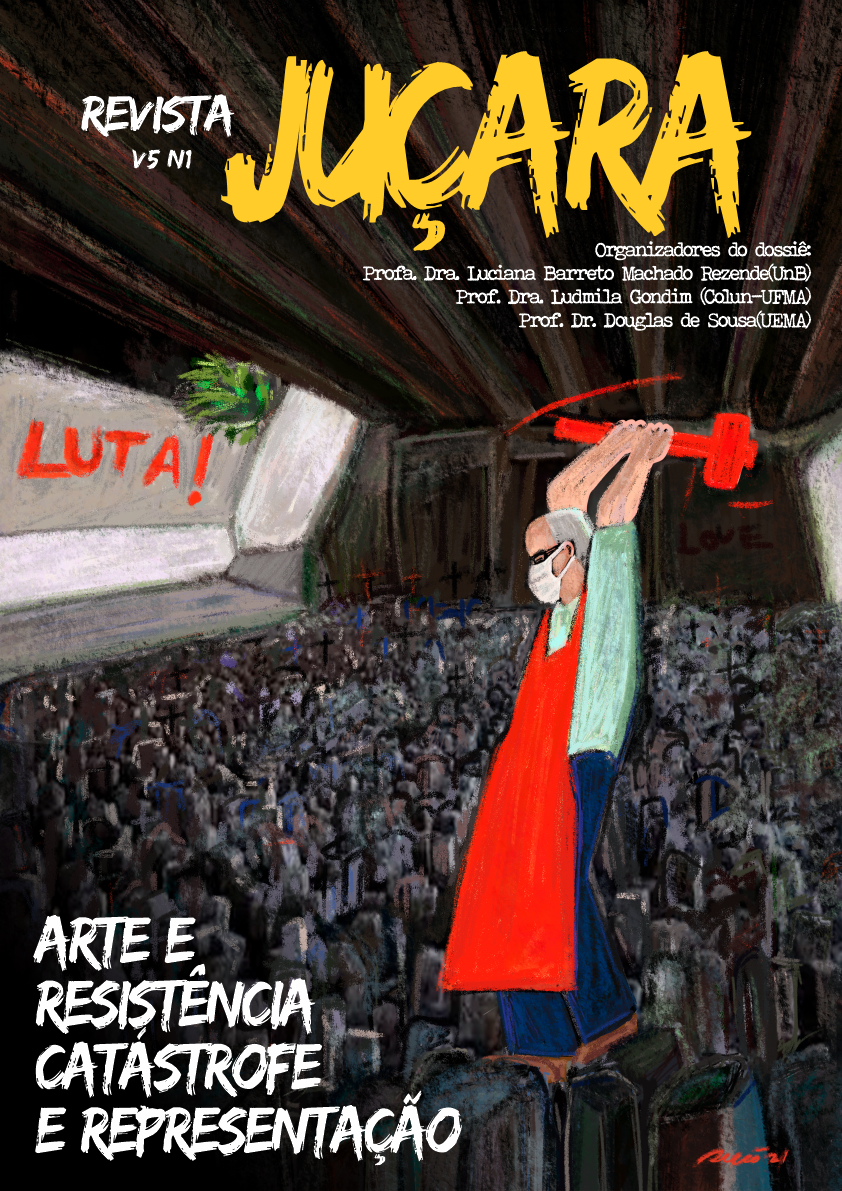“CARTA A ESTOCOLMO”: SCIENCE FICTION AND SCIENCE UNDER THE POSTMODERN SIGN
DOI:
https://doi.org/10.18817/rlj.v5i01.2534Abstract
1997), and narrates the research of a scientist for the precision of time. As the character-narrator advances his story, he describes uses and calculations of scientific (fictional) forms to achieve his goal, until he finds himself unable to complete his search due to human limitation. In addition, as his research in the field of precision advances, the narrator receives several awards: the story begins with his refusal of the Nobel Prize in physics precisely because he opposes the fact that a charlatan receives the honor. Thus, this article aims to analyze how the short story, as a science fiction narrative, according to the proposals of Todorov (2014), Link (2002) and Seed (2011), based on the theories of the postmodern by Lyotard (2004) and Hutcheon (1989), can be read as a critique of science and the claims of scientific discourse.
Keywords: Brazilian science fiction. Postmodern. Victor Giudice.
Downloads
Published
How to Cite
Issue
Section
License
Copyright (c) 2021 Elton da Silva Rodrigues

This work is licensed under a Creative Commons Attribution 4.0 International License.
A submissão de originais para a Revista de Letras Juçara implica na transferência, pelos autores, dos direitos de publicação. Os direitos autorais para os artigos publicados nesta revista são do autor, com direitos da revista sobre a primeira publicação. Os autores somente poderão utilizar os mesmos resultados em outras publicações indicando claramente a Revista de Letras Juçara como o meio da publicação original.


